Supply Type :
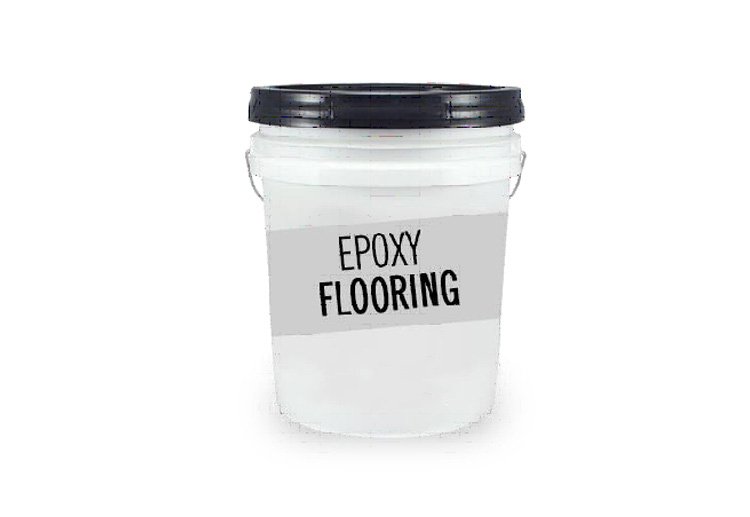
Epoxy Coating chemical are made up of epoxides, which are extremely reactive groups of molecules that cure or set through chemical reactions induced by mixing them with other materials or heating them to an elevated temperature.
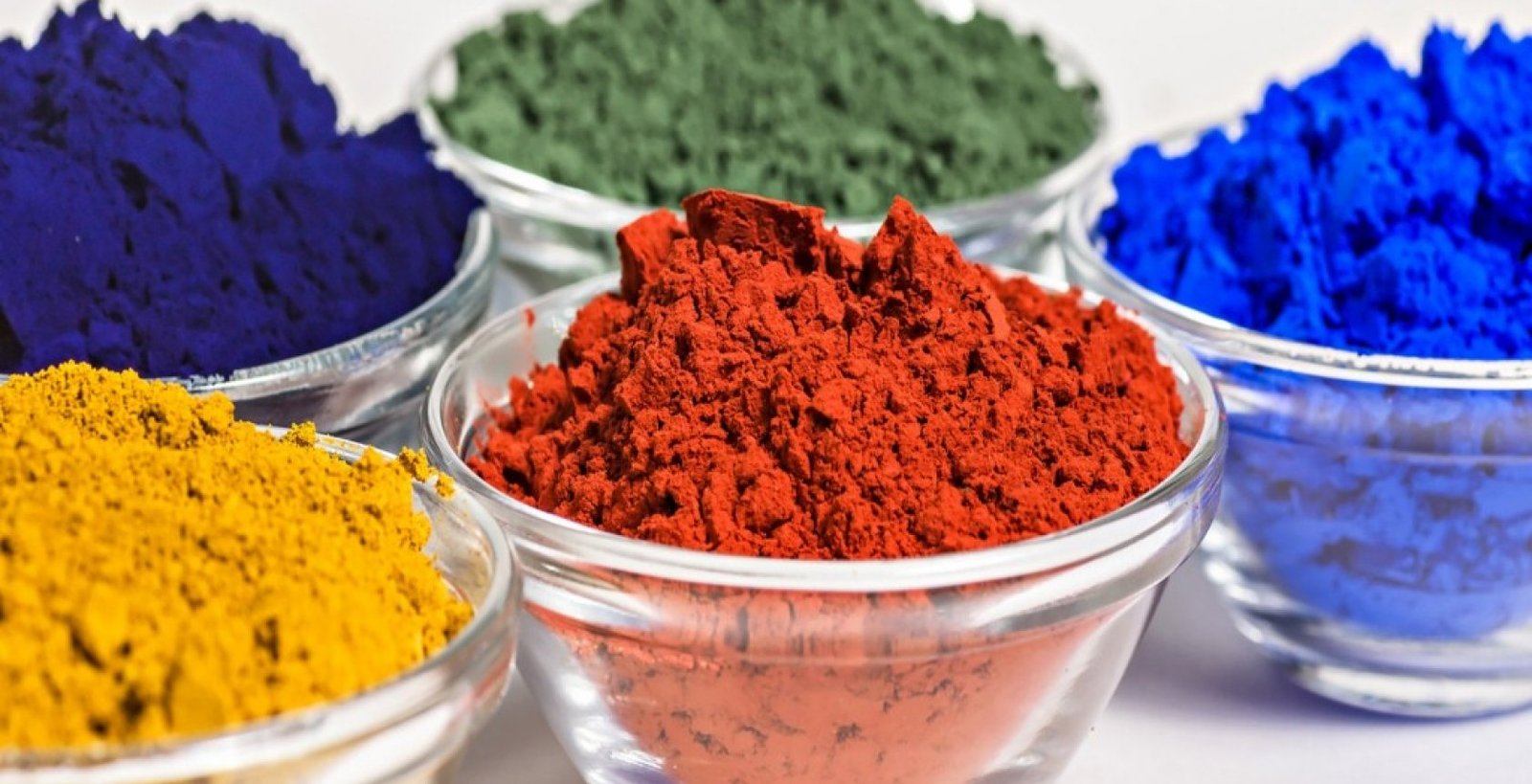
Pigments are fine dry powder or slurry or aqueous suspension that added to the concrete ingredients to produce colors, other than the normal grey color. It is added during batching as a liquid or finely divided colored inert powder. Pigments can be natural or synthetic, organic or inorganic
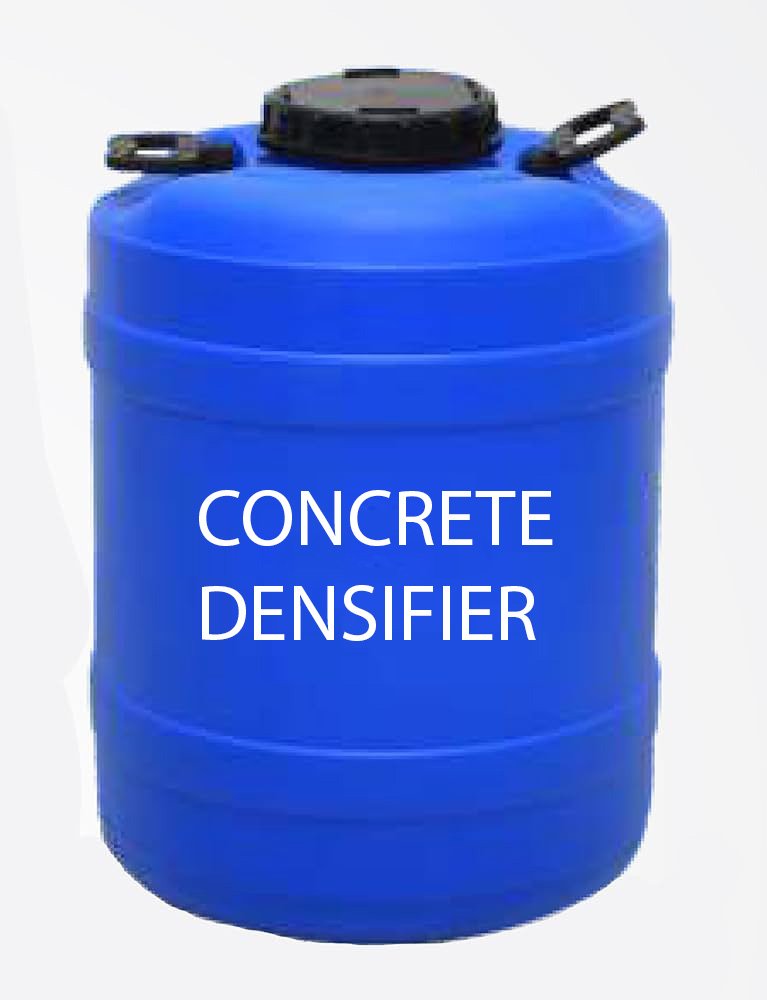
A concrete densifier is a chemical applied to a concrete surface in order to fill pores, increasing surface density.
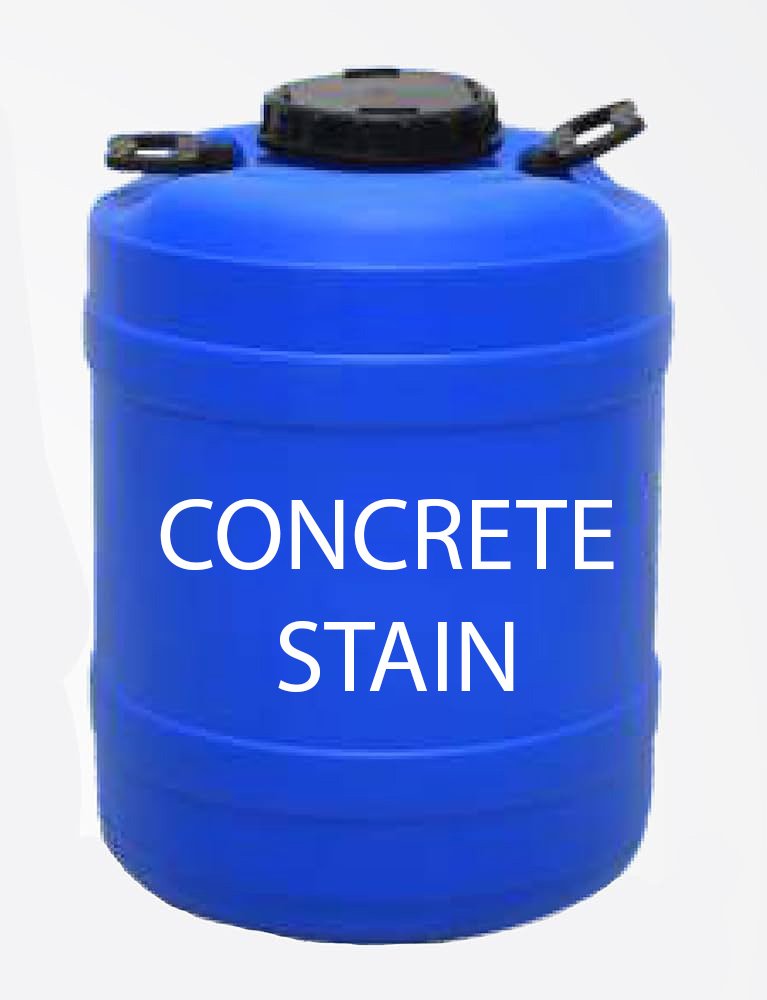
Concrete stains are known for their translucent color and one-of-a-kind patterning. Because of concrete's porous qualities, they penetrate and react chemically with the cement, adding permanent color that won't fade, chip, or peel.
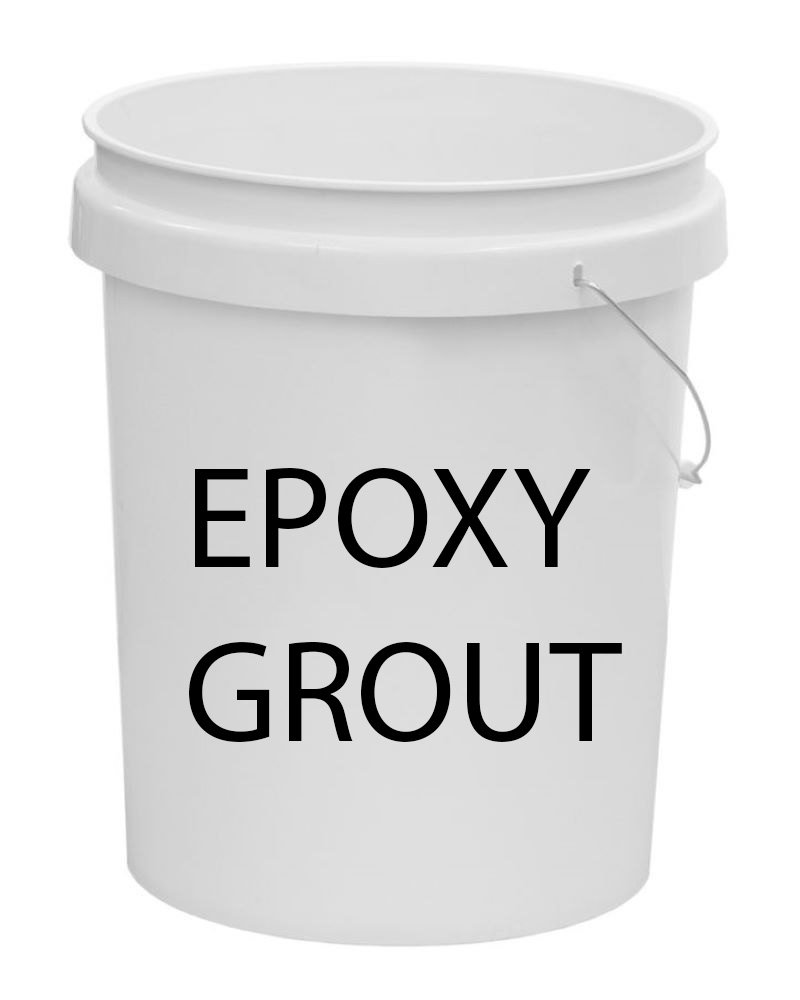
Epoxy grouts are joint fillers which are made from epoxy resins and a colored sand filler. Epoxy grouting is a process in which chemical grout is injected into the joints between two pieces of concrete or other masonry units to fill the space and provide stability.
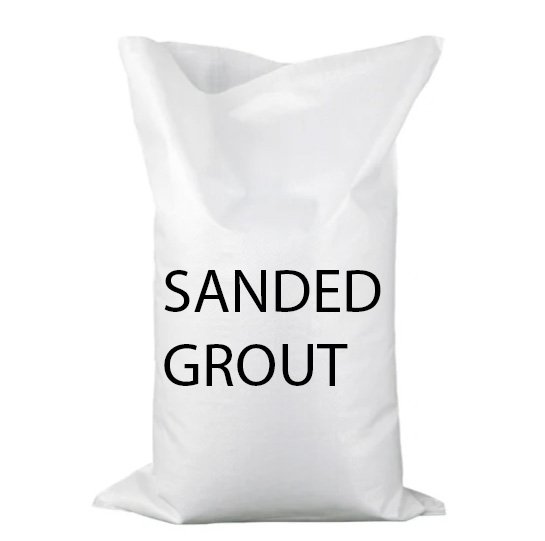
Sanded grout is classified as a cement grout that has 1/8” or larger grit to it.
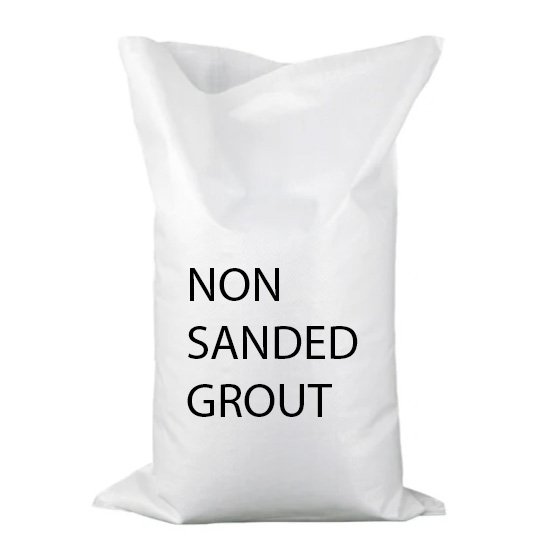
Unsanded grout is extremely sticky, because it has no additional sand or aggregate added to it. You can easily spread it onto a vertical surface, and will stick there with no issue as you work to force it into grout lines.
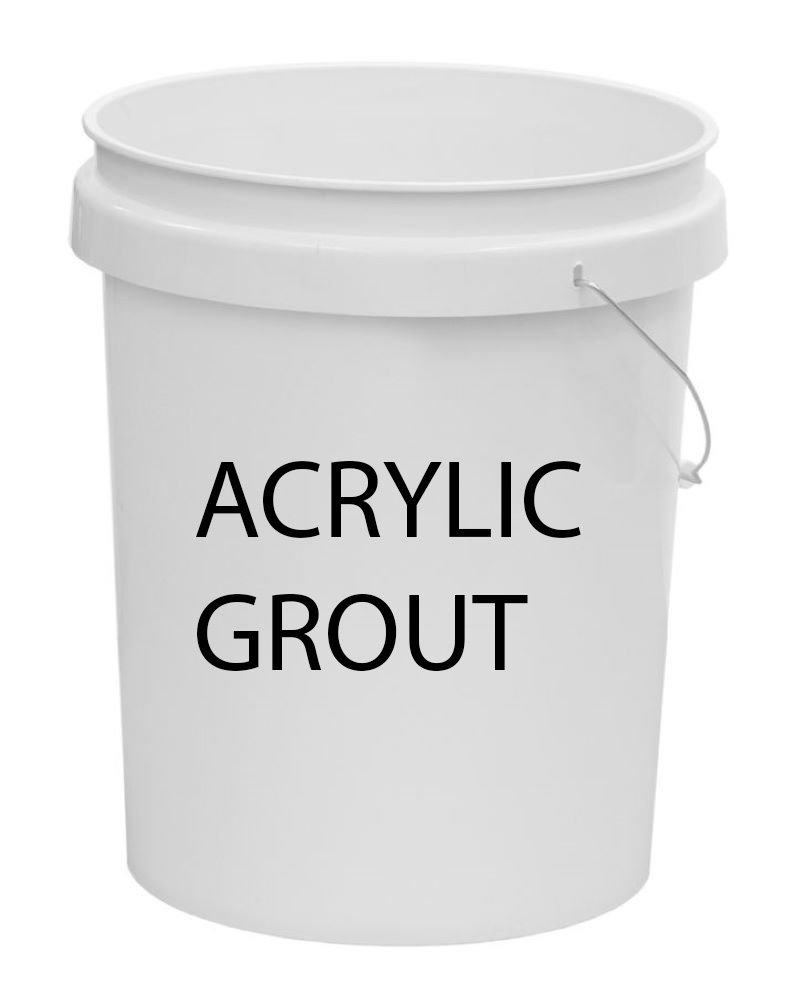
Acrylic grout is unsanded grout made from a mix of latex with an acrylic additive.
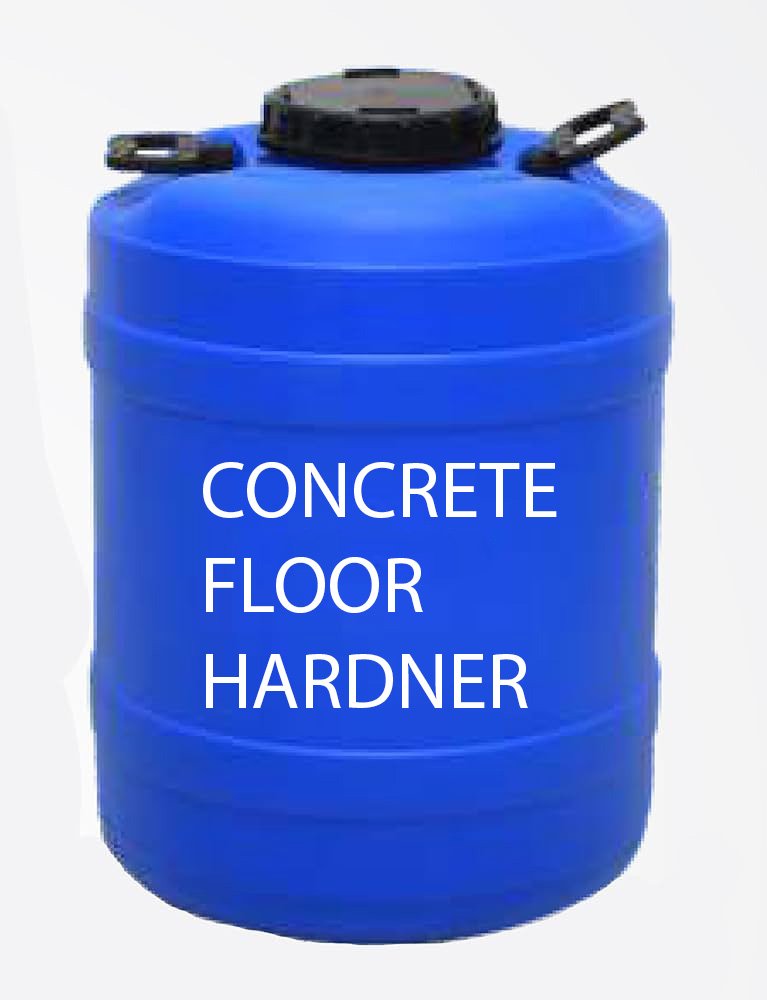
Concrete hardeners are a permanent, transparent sealer that protects underlying concrete from damage caused by chemicals and contaminants.
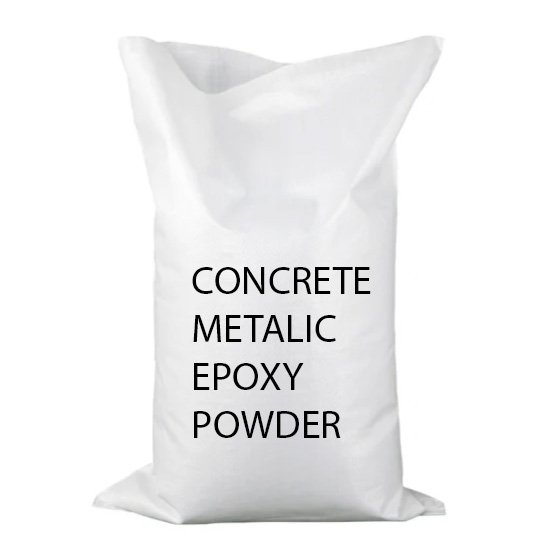
Concrete metallic epoxy powder coating will bring your concrete floors to life, transforming the entire room! This fascinating design creates a smooth and electric finish.